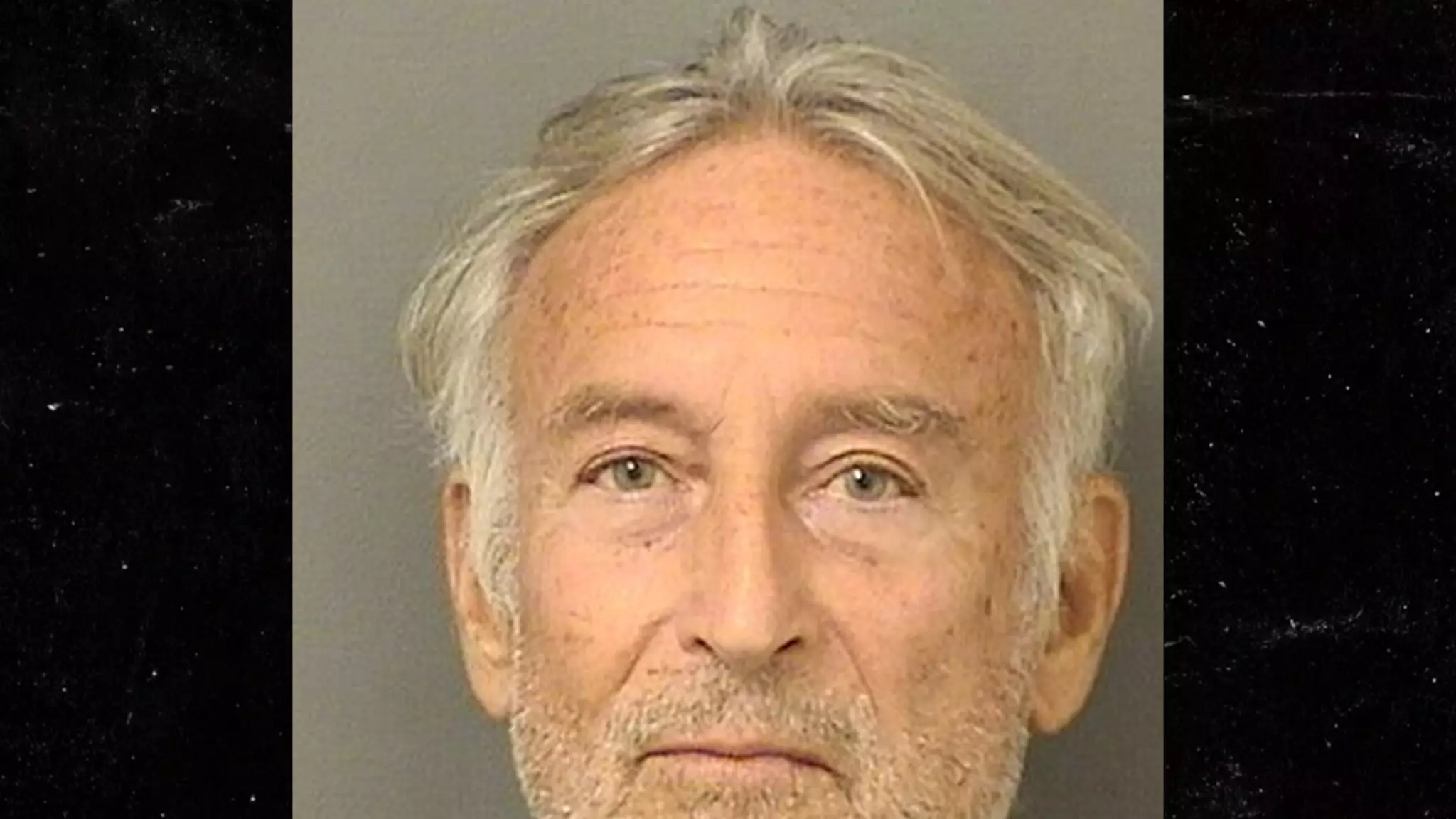The surreal nature of the world often takes center stage in the most unanticipated ways, and the recent incident involving a Florida resident named Glenn DeCicco exemplifies this unsettling reality. DeCicco, a 73-year-old man, unwittingly became the focus of national attention following his arrest for posting violent threats against former President Donald Trump on Facebook. While many might envision a hardened criminal when considering such a serious allegation, DeCicco’s mug shot presents the image of an affable older man, embodying the spirit of a laid-back surfer with his messy hair and a light stubble that could easily be mistaken for a beach day look. This glaring juxtaposition encapsulates the bizarre nature of this situation.
Digital Outrage and its Consequences
DeCicco’s threatening comments, which included a startlingly bold exclamation of “Ass-ass-inate!” followed by a peculiar financial reference, reveal a perplexing blend of political angst and chaotic expression. This begs the question: how can someone who appears so relaxed resort to such incendiary language? The reality is that the anonymity of social media can embolden individuals to express extreme views without the typical filters that come with face-to-face interactions. DeCicco’s remarks, categorized as ‘agitated’ by law enforcement officials, indicate a man deeply entrenched in political outrage yet completely disconnected from the real-world ramifications of his words.
The Role of Law Enforcement
As police officers responded to a tip about DeCicco’s unsettling posts, their actions illuminated the serious nature of such threats. When confronted about his statements, DeCicco brushed them off, merely stating, “It was a thought that I had.” This flippant attitude towards a significant crime raises critical concerns about accountability and the consequences of hate-filled rhetoric in a politically charged climate. As tensions rise in political discourse across the nation, cases like DeCicco’s emphasize the urgent necessity for a deeper societal reflection on the implications of incendiary language and its potential to incite violence.
The Broader Implications of Violence Against Public Figures
The fact that this is not an isolated incident—two attempts on Trump’s life reportedly occurred previously—highlights a disturbing trend. In a climate fraught with polarization, hatred seems to seep into the fabric of political discussion, leading to alarming expressions of violence against public figures. The incident not only serves to illustrate the misguided grievances held by individuals like DeCicco but also raises pivotal questions about the safety of political figures in a society where threats are becoming alarmingly normalized.
Shocking though it may be, DeCicco’s story is a snapshot of a growing problem. Rather than being perceived as the average citizen, it positions him as a manifestation of a grimmer reality—a warning signal for the need to address the underlying tensions causing individuals to express their rage in such extreme, often violent ways. The real challenge lies in transforming discussions around politics and individual grievances into constructive dialogue, fostering an environment where discourse does not devolve into threats and fear.

